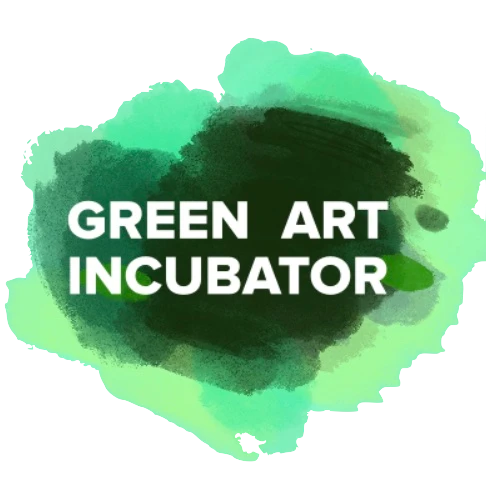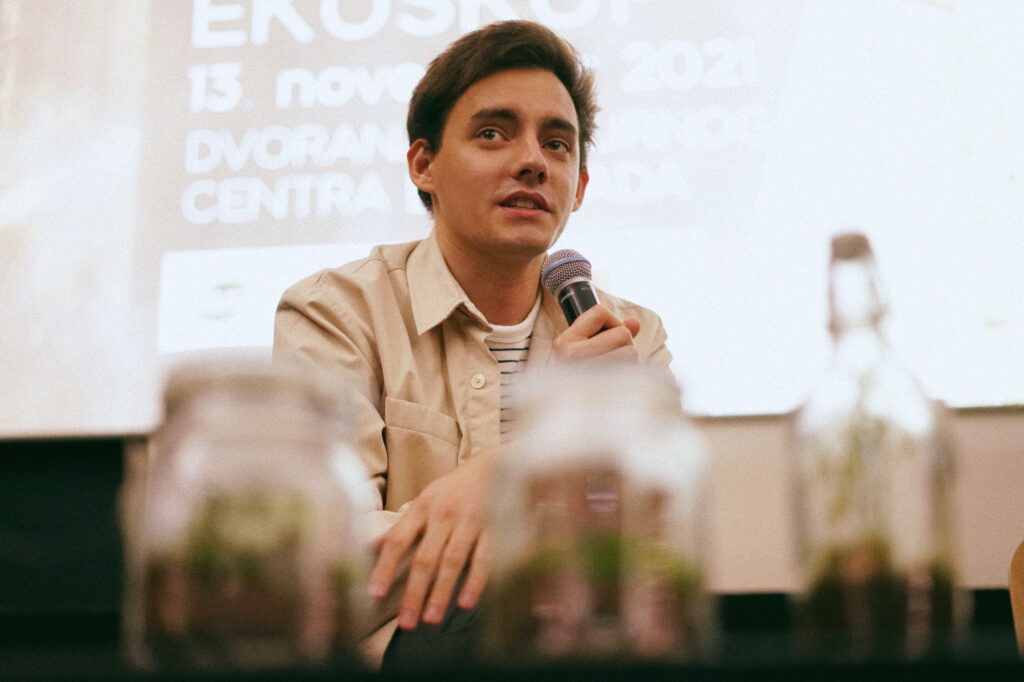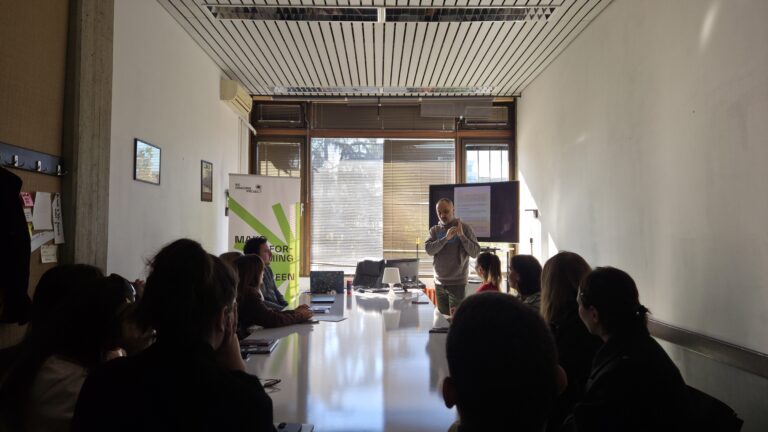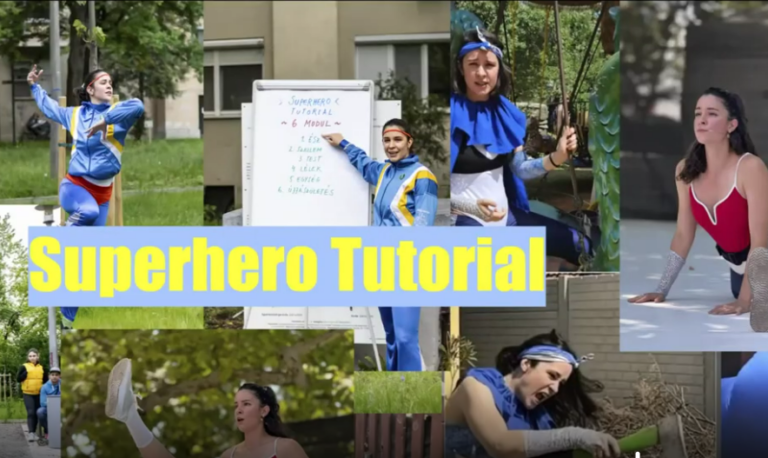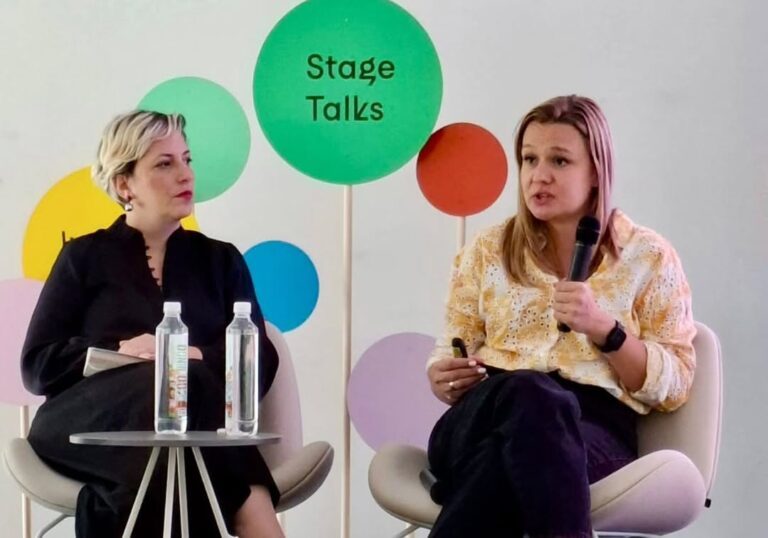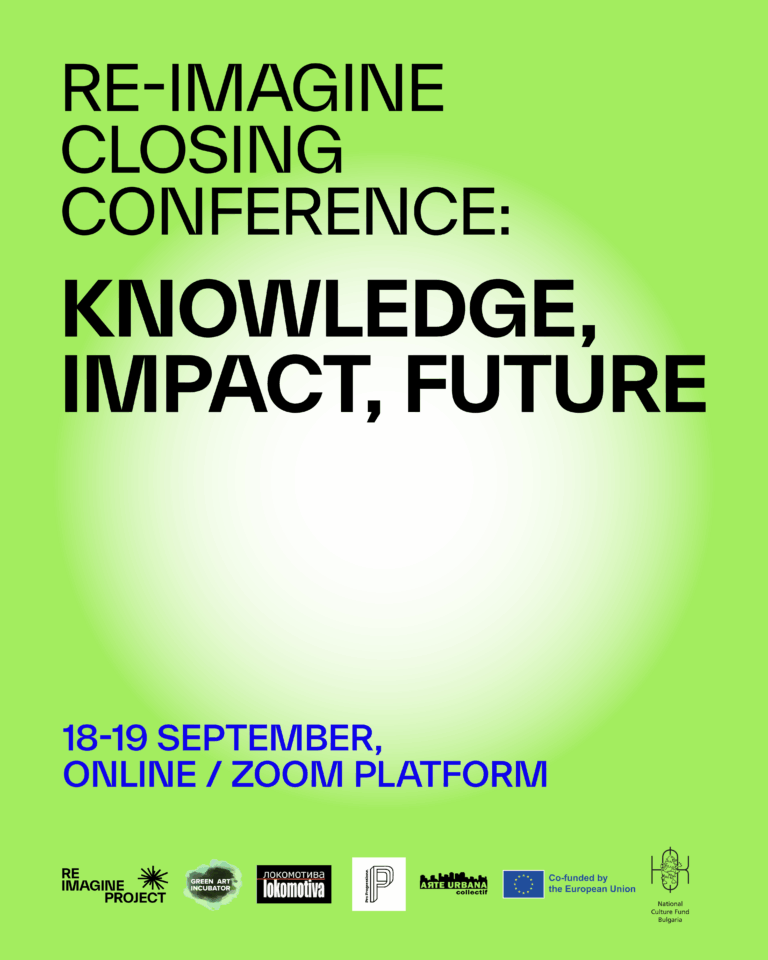David Jovanović, a young director and founder of the independent production company Pointless Films, brings an authentic and bold perspective to pressing social and environmental challenges with his debut feature film Sun Never Again. Ahead of tonight’s world premiere at the Tallinn Black Nights Film Festival, we spoke with David about his inspiration for the film, the challenges of independent production in Serbia, and his experiences and plans for future projects.
The film Sun Never Again tells the story of an individual’s fight against a massive corporation threatening irreversible environmental damage, a theme highly relevant both globally and locally. Can you tell us more about how you conceived the idea for this film, and if the environmental tensions in the country inspired you?
Every summer and winter as a child, I spent time with my parents in a mining village in the Republic of Srpska, at my grandparents’ home. They dedicated their lives to working abroad to build a “paradise on Earth” for their family. They created a beautiful house with a large property full of animals, vegetables, fruits, and fir trees. As they built their haven, the iron mine expanded until the tailings reached the edge of the property. The mine then moved in another direction but left the land, air, and water poisoned. Vegetables and fruits stopped growing, my grandfather passed away, and my grandmother developed asthma and pulmonary fibrosis, illnesses linked to environmental conditions. She had to leave, and the place I loved more than my own home was left to decay.
The protagonist of your film, Vid, faces the serious threat of losing his home but finds solace through his son’s imaginative and fairy-tale perspective. How did you approach depicting such a serious topic by blending reality and fantasy, and how important was it for you to explore contrasting worldviews through the father-son relationship?
Mines and life in mining villages feel surreal. The spaces resemble the surface of an abandoned planet with no life. Daily explosions, collapsing houses, black water, withered plants, sick people—none of it feels real. Yet, it’s more than real. There’s no division between reality and fantasy; that’s just how it is. It’s so unfamiliar and hard to comprehend that we have to place it in the realm of fantasy to grasp it.
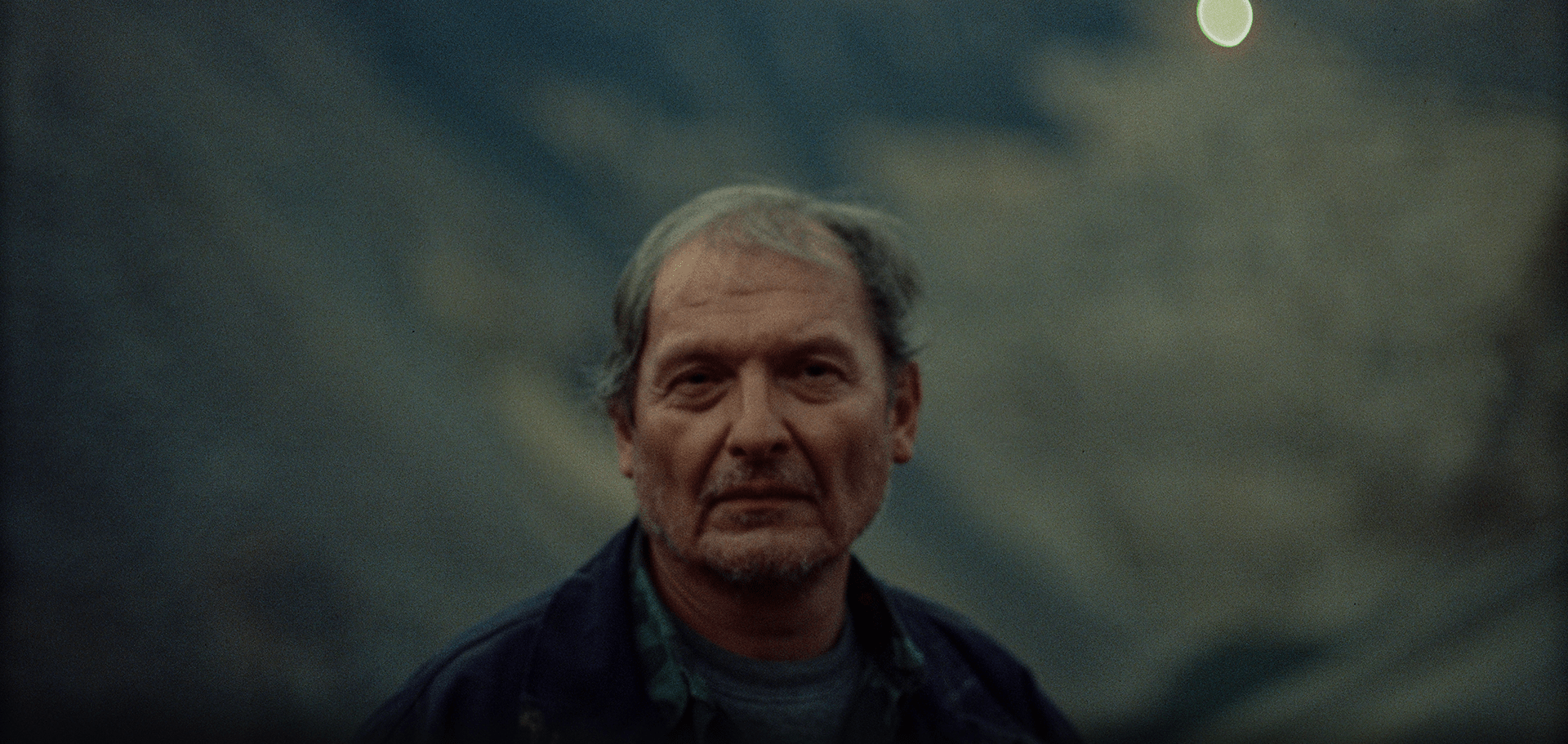
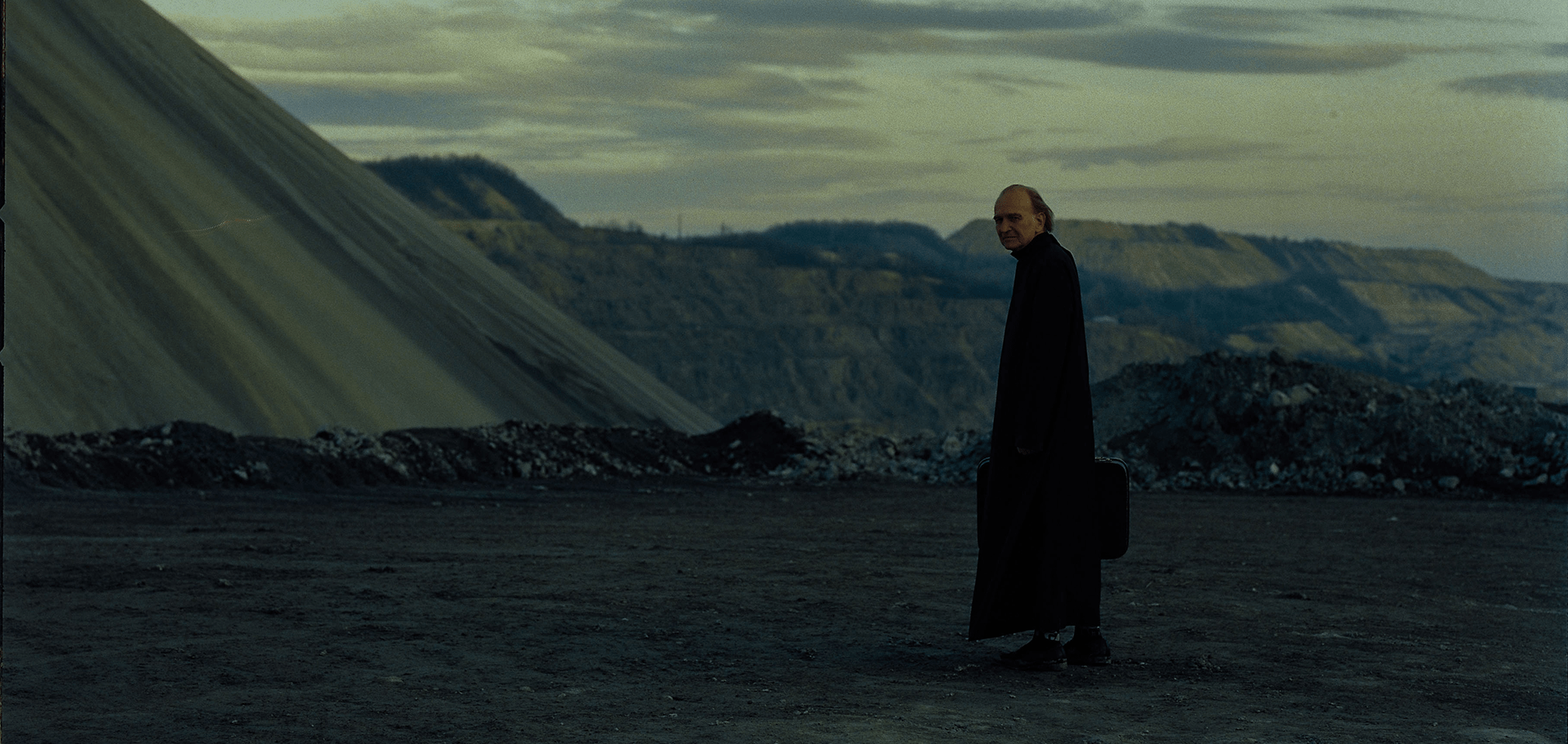

Considering that film production leaves the largest environmental footprint among creative sectors, did you adhere to green filming guidelines while making this project? What challenges and opportunities for environmentally responsible practices do you see in a local context?
During the production of Where the Road Leads, we established a principle of no plastic bottles. Each crew member received a metal flask with their name, which they filled at natural springs in Stara Planina. For future shoots, we’ll ensure access to refill stations when natural springs aren’t available. For that project alone, we spared the planet approximately 6,000 plastic bottles. Additionally, we avoid printing anything unnecessary. For both films, most props were borrowed from local villagers and returned afterward, ensuring they didn’t end up in dumpsters. Costumes were mostly bought second-hand or borrowed on location. Whenever possible, food was prepared on-site, using local produce from the filming areas.
You’ve chosen to explore nature and ecological awareness through film. What inspires you as an artist to engage with these themes, and do you believe film can impact public awareness?
Film is an incredibly powerful medium that can change how we feel, think, and, when done right, touch our souls—that’s how Ralph Fiennes responded to my question, What is film? during an interview for a documentary about the 47th FEST. If nothing else, this film can bring people closer to this critical and expansive topic, which is hard to understand without direct experience.
Sun Never Again is your graduation project but also a film partially funded through creative initiatives like selling sustainable ecosystems in jars and retro-designed socks. How did this experience shape the filmmaking process, and what do you see as the biggest challenges for independent production in Serbia?
The film was supported by the Film Center Serbia and the Ministry of Culture, alongside numerous organizations, companies, and individuals. Through Pointless Gardens and Yugodiskać socks, we secured nearly a third of the necessary funds for production. We’re now financing the promotion with silver Suns and hand-painted second-hand clothing. We started writing the film nearly seven years ago and shot it three and a half years ago. During this time, we raised additional funds for each phase, financing it step by step. This approach allowed the film to mature into what it is today.
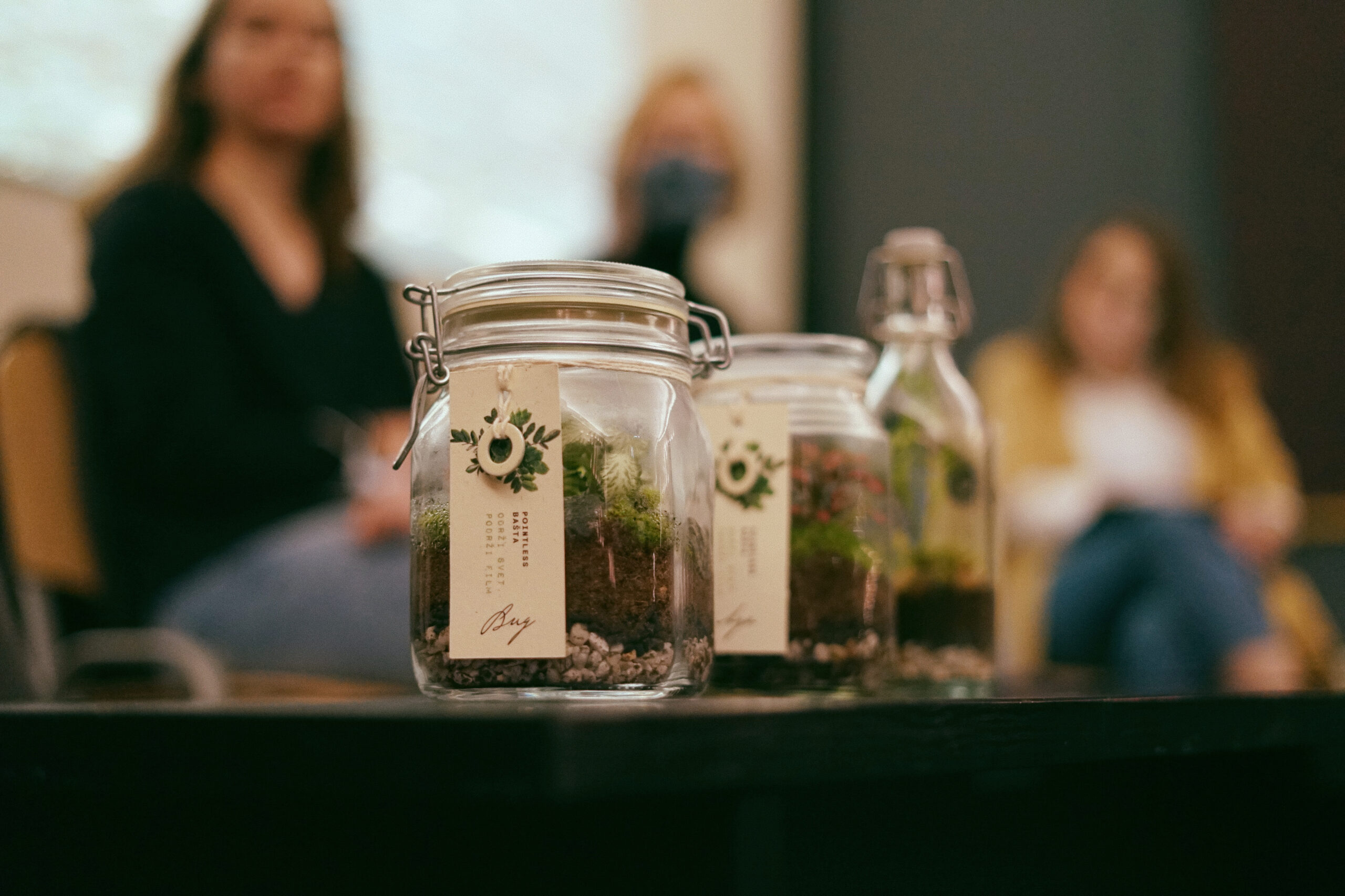
What are your plans for the film’s distribution? Following its world premiere in Tallinn, can we expect a premiere in Serbia?
The Serbian premiere will take place on the 30th Anniversary of the Belgrade Auteur’s Film Festival, as part of the Brave Balkans competition program. The gala premiere is scheduled for December 2nd at the MTS Hall. After that, we plan several screenings at the Cultural Center Hall, as well as one screening in every city that shows interest. We’ll host discussions with audiences after each screening.
